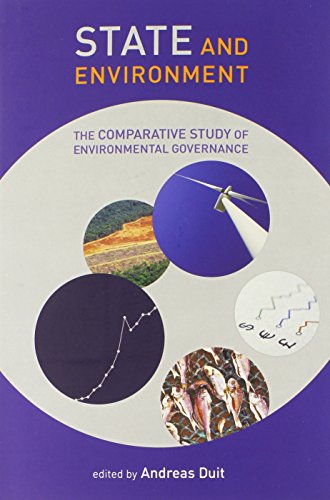

Most ebook files are in PDF format, so you can easily read them using various software such as Foxit Reader or directly on the Google Chrome browser.
Some ebook files are released by publishers in other formats such as .awz, .mobi, .epub, .fb2, etc. You may need to install specific software to read these formats on mobile/PC, such as Calibre.
Please read the tutorial at this link: https://ebookbell.com/faq
We offer FREE conversion to the popular formats you request; however, this may take some time. Therefore, right after payment, please email us, and we will try to provide the service as quickly as possible.
For some exceptional file formats or broken links (if any), please refrain from opening any disputes. Instead, email us first, and we will try to assist within a maximum of 6 hours.
EbookBell Team

4.8
94 reviewsMany recent studies on environmental governance focus on either the micro-level (the local and the individual) or the macro-level (the global) while neglecting governance at the nation-state level. State environmental governance is often perceived as inadequate, insufficient, or constrained by considerations of economic growth. And yet the impact of state environmental governance dwarfs that of the market or international organizations. This book of comparative studies documents the continuing relevance of the state in environmental politics and policy. The book also demonstrates the analytical power of the comparative approach to the study of environmental politics and policy, offering cross-national comparisons of environmental governance in both developed and developing countries. Some chapters are based on qualitative studies from a small number of countries; others offer statistical analyses of quantitative data from many more countries over a longer time period. Topics discussed include alternative approaches to estimating comparative environmental performance; citizens' shifting perceptions of their environmental responsibilities; U.S. and German wind policies; fisheries management in several African countries; and forestry conservation in Bolivia, Guatemala, and Peru. The studies illuminate such key issues as the effect of different political systems on the evolution of environmental policy regimes; why some countries seem to perform better than others in environmental matters; and the sociopolitical context of resource management.